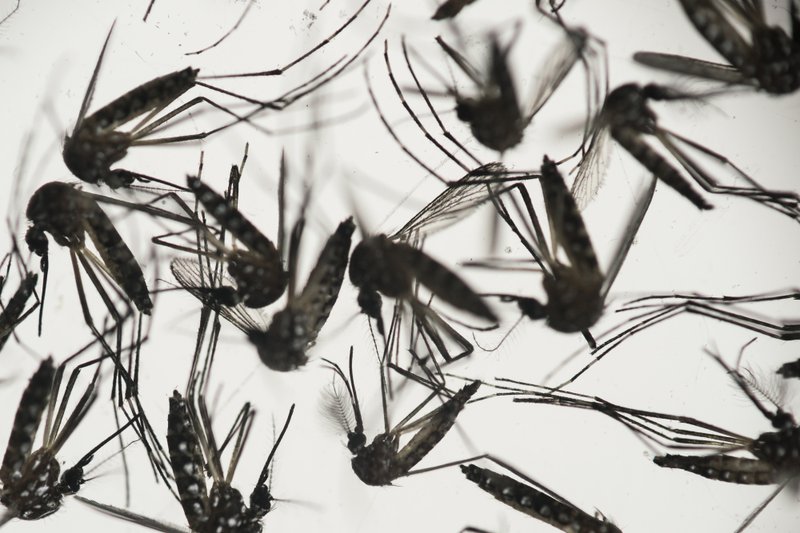The Arkansas Department of Health will begin collecting information on a severe birth defect caused by the Zika virus under a change approved by the state Board of Health on Thursday.
The department will begin collecting information about babies with microcephaly -- unusually small heads and underdeveloped brains -- on certificates of live birth and of fetal death.
Shirley Louie, deputy state epidemiologist for the Health Department, said the department collected the information until 2013, when it was deleted from the forms. Microcephaly occurrences range from 2 to 12 babies per 10,000 live births, according to a National Birth Defects Prevention Network report.
The birth defect is the primary reason health officials have become concerned about the virus, which was reported in the Western Hemisphere for the first time last year in Brazil.
Four Arkansans have tested positive for the virus after returning from countries where it is spreading. There have been no cases of the virus spreading within the 50 states, although there have been transmissions in U.S. territories, according to the Centers for Disease Control and Prevention.
The virus is spread primarily through mosquito bites, but can also be sexually transmitted. The most common symptoms are fever, rash, achy joints and red, itchy eyes. Most people overcome the infection within several days and don't require hospitalization.
A Section on 04/29/2016
